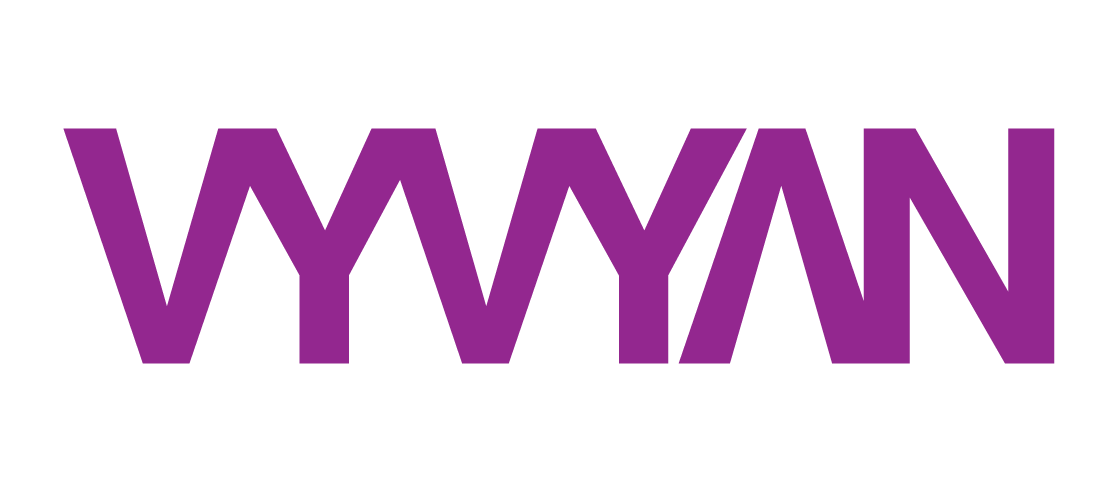Looking into the history of the India Point Project for yesterday’s post, I was struck by how our description of ourselves and our organizations changed as we became more visible to the mainstream. Take two articles from the same publication, by the same author, describing community groups meeting at two different locations. In this 2002 Bay Windows article, one of the partners in the still yet-to-open India Point Project was described as “the Enforcers (a gay social group that funds nonprofits)”. But in this 1999 article about the groups displaced by the closure of RITA’s Place, the same group is described as “Enforcers RI, a group of leather, S&M and fetishist people that conducts fundraising for AIDS and other causes”. I remember when the Enforcers were still around – they met at AIDS Project RI when I worked there and were my first exposure to an organized leather community. While they were certainly very engaged in raising funds for LGBT groups, I wonder how they felt about having their central purpose vanillafied to “a gay social group that funds nonprofits”.
Part of the reason that I left full-time LGBTQ activism is that I didn’t want to sell the “we’re just like everybody else” line. (Also because the pay and the hours sucked, but that’s a post for another time.) Our movement was launched out of the closet by a police raid on a club full of drag queens, butches, gutter punks, homeless queer youth and sex workers who couldn’t be pushed any farther (see pic below), but we’ve lost track of our roots. We’ve moved from Stonewall Riots to Stonewall Kitchen. As I said to Jef a while ago, there’s no gay sex in the gay rights movement, because talking about gay sex makes people feel squirmy and we’re just here for our rights. I guess I’m sort of a bourgeois queer liberationist, believing that there are differences in our various subcultures which should be embraced and celebrated. As the gay rights movement nationally moved toward a set of mainstream ideals (queers should have the right to get married and join the army), and sold out our trans brothers and sisters again and again, I got very personally disillusioned with the work, and very concerned about my own ability to personally represent the party line. We started to push a “teaching tolerance” agenda that I just couldn’t get behind. I don’t want to be tolerated, like a bad smell or a too cold meal. I don’t want to be asked to change or pretend or tone it down and stop making people uncomfortable. I want to be part of a liberation movement that asks us all to confront our own discomfort and recognize that difference is beautiful and vital and critical.
I’m not sure how to end this post except to acknowledge that this is an ongoing conversation that I hope keeps happening within and outside queer communities. I’d love to have some of it here, so please feel free to respond or repost.

